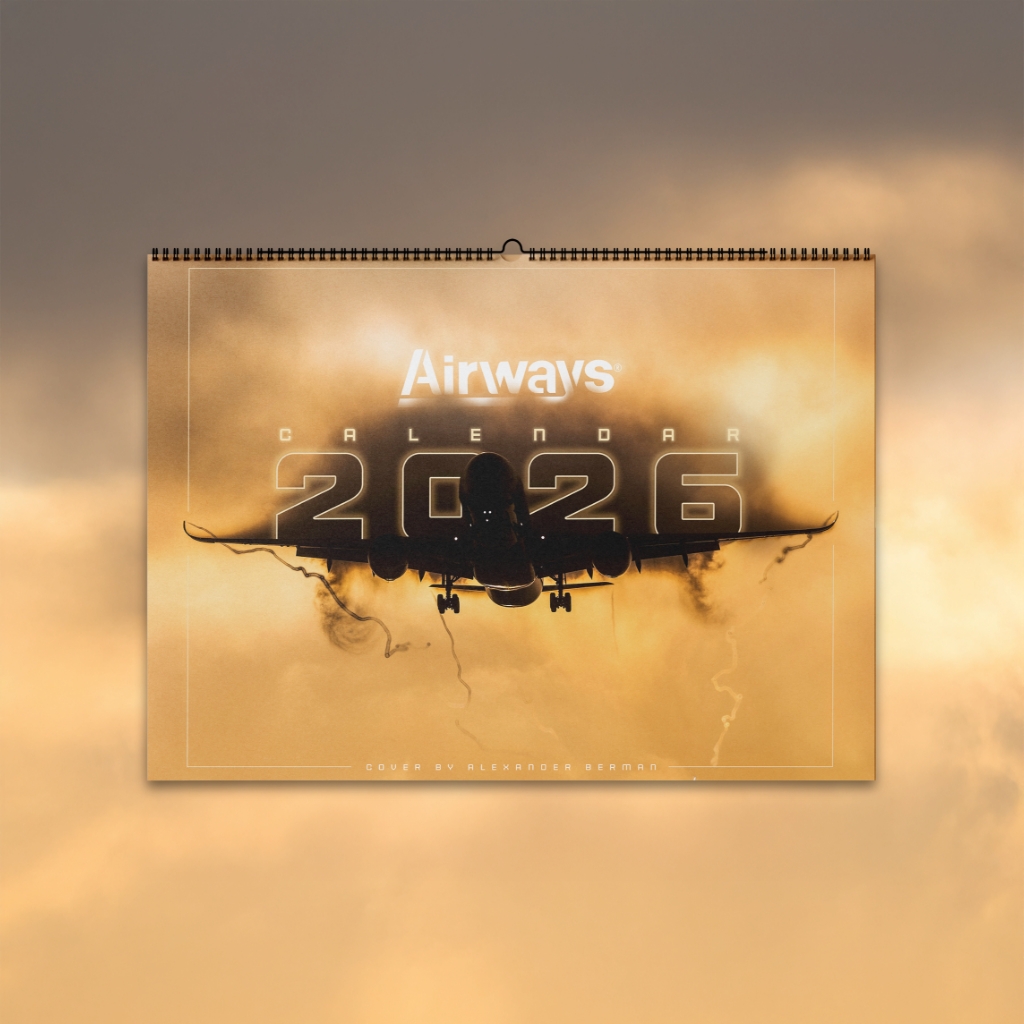DALLAS — Today, in 1962, American Airlines (AA) maiden Convair CV-990 Astrojet entered service between New York (JFK) and Chicago (ORD).
As airlines like TWA (TW) and United Airlines (UA) introduced the Boeing 707 and Douglas DC-8 onto their transcontinental routes, AA chief C.R. Smith wanted an aircraft to "beat the pants" off its rivals.
American became the launch customer of the Convair CV-990, placing an order for 25 aircraft, with options for a further 25 in November 1958.

Bigger, but Not Necessarily Better
The speed of the Convair 880 had caught Smith's attention. However, the airliner was too small. As a result, the manufacturer decided to design the 880s bigger brother, the CV-990. Convair promised that the jet would fly over 100mph faster than its rivals, 635mph to be precise.
The deal was a win-win for AA. The first 25 jets would cost the airline a mere US$100m. Convair would also accept 25 of AA's Douglas DC-7s as a US$22.8m down payment. This immediately left the plane-maker at a financial disadvantage, as it would need to sell many more aircraft to make a profit.

Revised Order
After initial tests highlighted the CV-990's performance flaws, AA revised its order to 20 airframes and canceled the options. The airline also said it would leave the deal if CV-990 could not meet the promised speeds. The new agreement was signed on September 21, 1961.
In a vain attempt to try and win more orders from AA, Convair developed the CV-990A. But an order was not forthcoming. AA would operate the twenty Astrojets, as the carrier named the CV-990 in the revised order. These would all be upgraded to the -990A at the airline's Tulsa engineering base.
American Airlines began retiring the type as early as 1965 when the Boeing 727 arrived. The carrier's final CV-990 left the fleet in October 1968.
Stay connected at every stop along your journey! Get any Saily mobile data plan at 5% off with the code AIRWAYSMAG5 + up to 5GB free!





